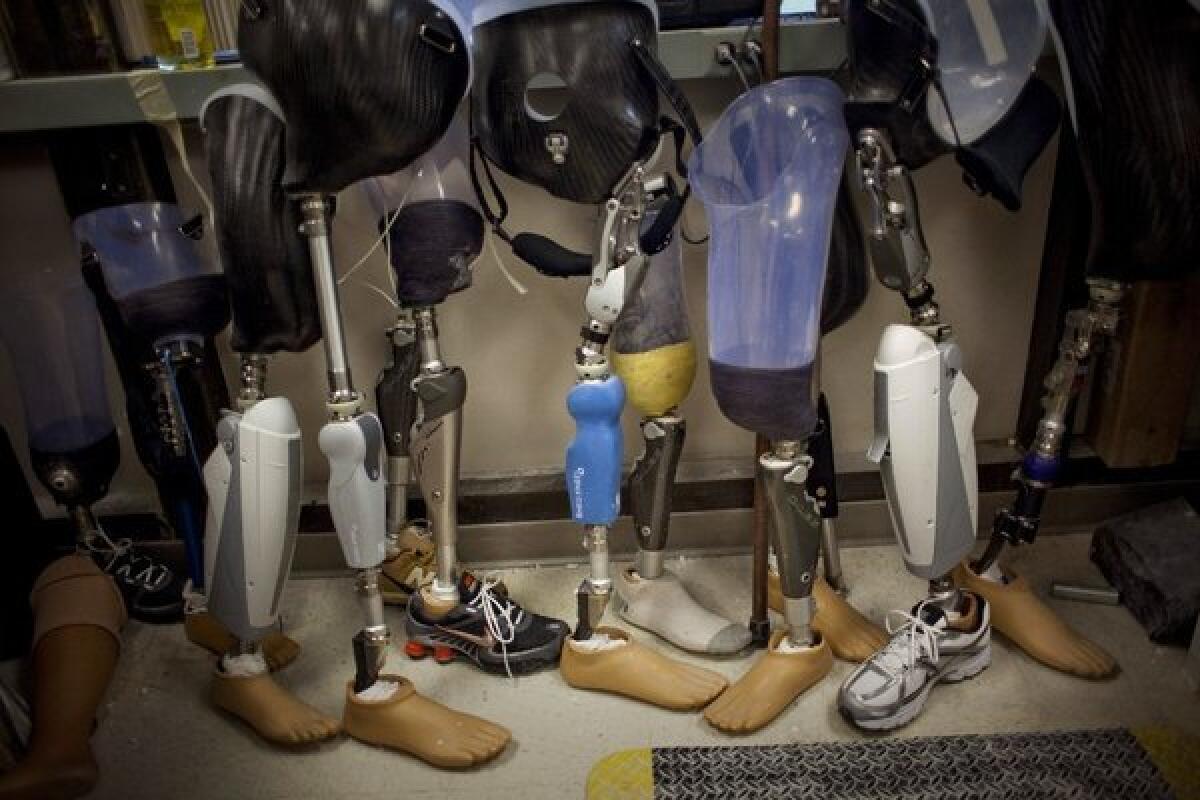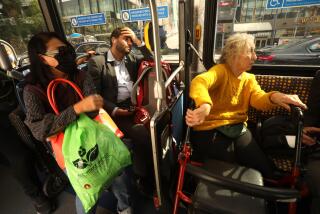Prosthetic device makers reach out to aid Boston Marathon victims

A group of companies that design, manufacture and service orthotic and prosthetic devices has banded together to aid uninsured and under-insured victims of the Boston Marathon bombing who have had limbs amputated and may need years of costly care.
The newly formed Coalition to Walk and Run Again said its members are “committed to assuring the availability of appropriate patient care as well as artificial limbs and other mobility devices on a compassionate access basis” to those who had amputations as a result of injuries sustained in the April 15 bombing that injured 264 people and claimed the lives of three.
A total of 14 people are reported to have lost arms, legs, hands or feet as a result of two bombs detonated near the race’s finish line on Boylston Street. Like many of the 1.9 million people who have lost limbs to illness or injury in the United States, their healthcare costs will be considerable.
A recent study by the Department of Defense and the Department of Veteran Affairs estimated the cost of fitting and bracing a patient for a prosthesis, training him or her in its use, and ongoing patient care and device maintenance can cost as much as $230,000 for a patient who has lost one lower limb and $117,000 for someone who has had an upper limb amputated. Costs can reach as high as $450,000 for a patient with multiple limb amputations, the study found.
The lifetime healthcare costs for a person with limb loss are about $500,000, the American Orthotic and Prosthetic Assn. said in a statement Tuesday.
Some of the victims who sustained amputations have adequate health insurance. “But it appears that many of the victims, some from Massachusetts and others from diverse locations outside the metro area, may not have any health insurance or may have health insurance plans that will not assure access to the needed limbs and mobility assistive devices,” the AOPA said.
In extending its assistance, the coalition sought to underscore that for many of the 500 people who undergo amputations everyday in the United States, health insurance plans often impose “severe limits” on their coverage of prosthetic and orthotic devices that can restore a patient to high function. Some impose a cap of $1,000 per prosthesis, or cover only one artificial limb over the course of a patient’s lifetime.
The cost of buying and caring for an artificial limb can exceed $30,000, said the coalition, and prostheses often must be replaced every five to seven years.
“As an industry, we would not want to see these people victimized twice,” said AOPA executive director Tom Fise. He said the “harsh and unreasonable limits that are present in all too many health insurance policies today in the United States” threaten to visit further trauma on the bombing victims.







